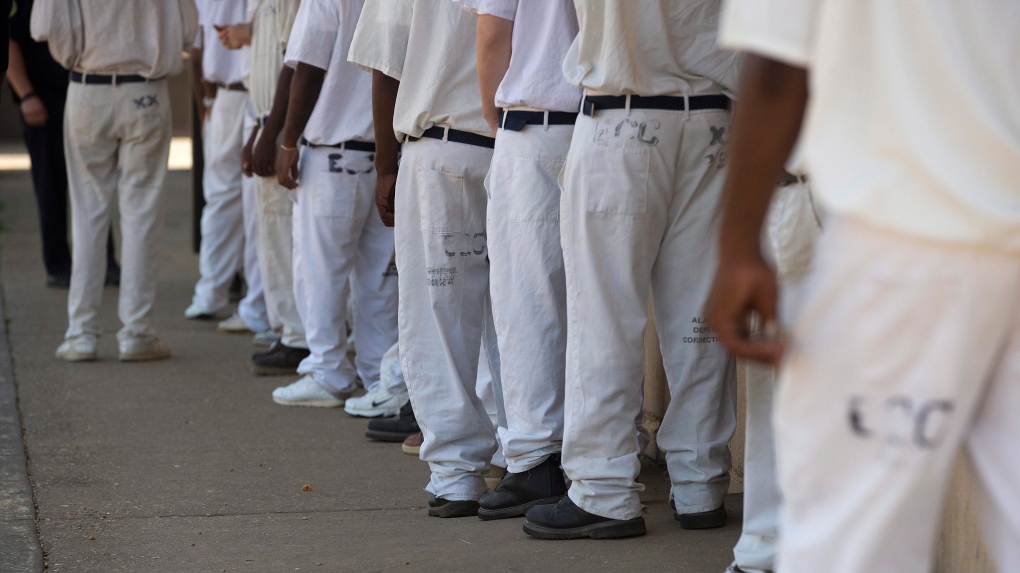- cross-posted to:
- aiop
- cross-posted to:
- aiop
Agolia Moore was shocked to get a call telling her that her son was found dead in an Alabama prison of a suspected drug overdose. She had spoken to him to earlier that evening and he was doing fine, talking about his hope to move into the prison’s honor dorm, Moore said.
When his body arrived at the funeral home, after undergoing a state autopsy, the undertaker told the family that the 43-year-old’s internal organs were missing. The family said they had not given permission for his organs to be retained or destroyed.
Moore said her daughter and other son drove four hours to the University of Alabama at Birmingham, where the autopsy had been performed, and picked up a sealed red bag containing what they were told was their brother’s organs. They buried the bag along with him.
Six families, who had loved ones die in the state prison system, have filed lawsuits against the commissioner of the Alabama Department of Corrections and others, saying their family members’ bodies were returned to them missing internal organs after undergoing state-ordered autopsies. The families crowded into a Montgomery courtroom Tuesday for a brief status conference in the consolidated litigation.



If it’s for medical student use, I’m not sure I’d say it was worse. I’m more apt to believe the deaths aren’t suspect if this is the case, versus the organs being used in transplants. There’s a lot of money and motive for corruption with transplants. But it’s also probably an easy jump from harvesting organs without consent to give to med schools to them doing it for money and transplants. It’s all bad.
I guess it’s worse to me because if it’s giving a dying person an organ, at least their life is prolonged. I realize training doctors saves lives too though.
Removed by mod